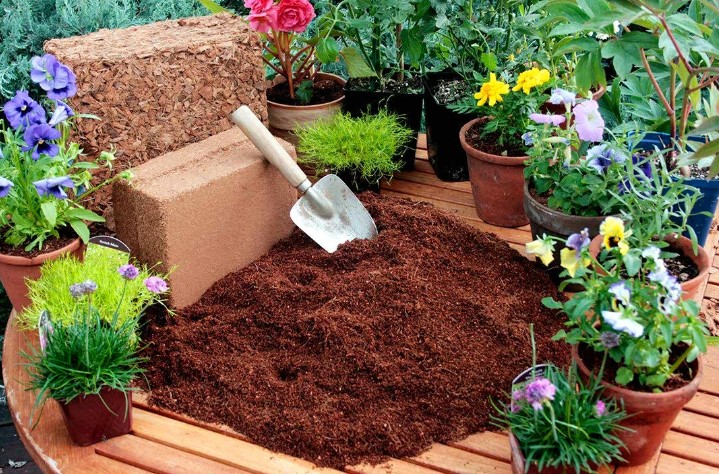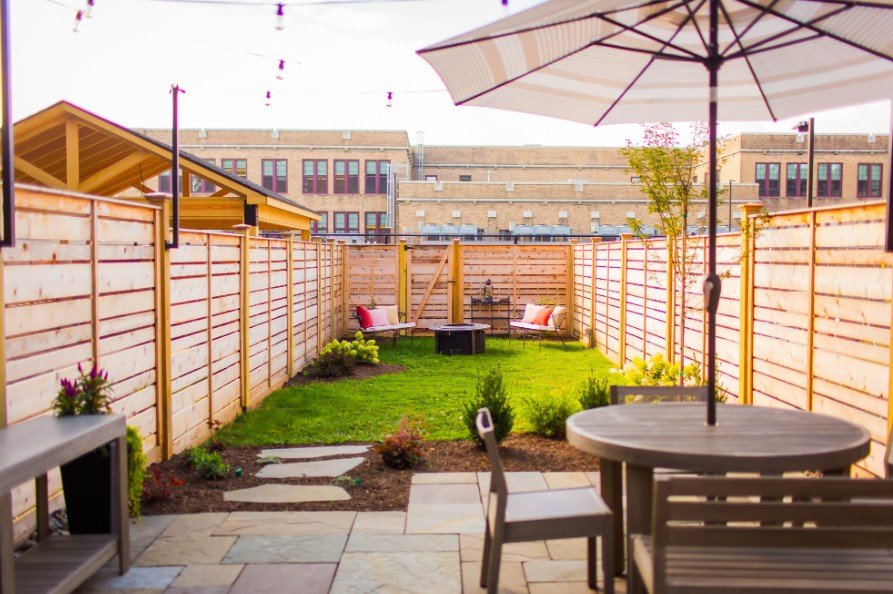Unraveling the myth of the green thumb

My examining also solved a lifelong obstacle to gardening: my deficiency of a inexperienced thumb. For several years, I held on to a perception that I was significantly from a purely natural at mother nature, and with out a green thumb, I assumed I would not know what to plant, where to plant it or how to make it prosper. Much better not to get started at all.
Gardener-writers helped puncture that belief by dispelling the myth of the environmentally friendly thumb. Vita Sackville-West, a 20th-century English writer, came to gardening as an amateur, way too, devoid of official instruction in horticulture or yard layout. In time, her garden at Sissinghurst became one of England’s most renowned and revered, a byproduct of her quite a few decades of experimentation and innovation. Sackville-West’s reaction to the idea of “green fingers” was bracing: “Ask any gardener or farmer what he thinks of it, and you will be rewarded as you ought to have by a sluggish cynical grin and no verbal response at all, apart from perhaps ‘Green fingers, my foot!’”
The Washington Post’s Henry Mitchell also dispensed with the idea of instinctive horticultural insight. “There are no green thumbs or black thumbs,” he concluded. “There are only gardeners and non-gardeners. Gardeners are the ones who spoil soon after spoil get on with the higher defiance of mother nature herself, creating, in the very experience of her chaos and twister, the bower of roses and the delight of irises.”
For every Mitchell, Sackville-West and some others, currently being a gardener means only gardening — embracing imperfection and ignorance, and persisting in the deal with of “ruin immediately after destroy.” These writers helped persuade me to start, and as I’ve received additional knowledge, I’ve appear to concur with their check out: Mother nature doesn’t have to occur as second mother nature. Practical experience is what will make the gardener. The trials, the errors, the joys, the agonies: You’re a gardener when you have had your share of it all.
By this place, I have manufactured numerous gardening goofs, significant and small, and those people errors have offered me a wholesome perspective on our restricted electricity over character. Of training course, there are prudent ways to acquire when planting. If I plant a little something at the suitable time of year, with the appropriate degree of sunshine over and with superior soil down below, these plants are additional likely to mature and prosper. You perform with your internet site alternatively of battling from it, and choose crops suited to the weather conditions, the year, the soil and the sunlight.
Still, even with all that, mother nature will go after its personal class, not the a single you have paved for it. I bear in mind 1 calendar year when I took all the treatment in the entire world with my slicing backyard garden, especially my herbaceous peonies. I checked on them on a regular basis, and eagerly predicted that second when they would burst on the scene with all their lively exuberance. But mother nature had various programs: Their blossoming took put in the 1 7 days we had been away. I returned house to obtain a mattress of fading peony petals — and a lesson in humility.
I had to hold out yet another year to see the peonies’ display, a lesson in another of gardening’s virtues: endurance. “Humility, and the most affected person perseverance, appear almost as required in gardening as rain and sunshine,” wrote the novelist Elizabeth von Arnim. The time it normally takes to go from seed to sprout can truly feel like an eternity, but each and every time I planted a little something new, I grew much more accustomed to waiting, and I arrived to take pleasure in the lull. Character doesn’t rush, and for me, gardening has turn into a valuable corrective for fashionable life’s up-to-the-minute hyper-effectiveness.
Von Arnim also discovered anything else that a gardener needs, a thing much much more critical than any illusory environmentally friendly thumbs: hope. In gardening, she observed, “every failure must be made use of as a steppingstone to something better.” A thing superior. If gardeners of the past had been skeptics about purely natural expertise, they have been also united in their optimism. We back garden for a vibrant future, the assure of plant lifetime to appear. And that hope, it looks to me, is so significantly of what helps make gardening joyful and meaningful.
I shed a long time of that pleasure and this means for the reason that I did not see myself as a gardener. So I be part of with fellow beginner gardeners — which is to say, all of them — and urge you not to be deterred if you are a novice. As it turns out, Cicero was right: I had all that I required, including the only thumb needed, which was the one particular I employed to convert the web pages in textbooks and the trowel in my soil.
Catie Marron is the author of “Getting a Gardener: What Studying and Digging Taught Me About Dwelling.” Obtain her on Instagram: @catiemarron.







